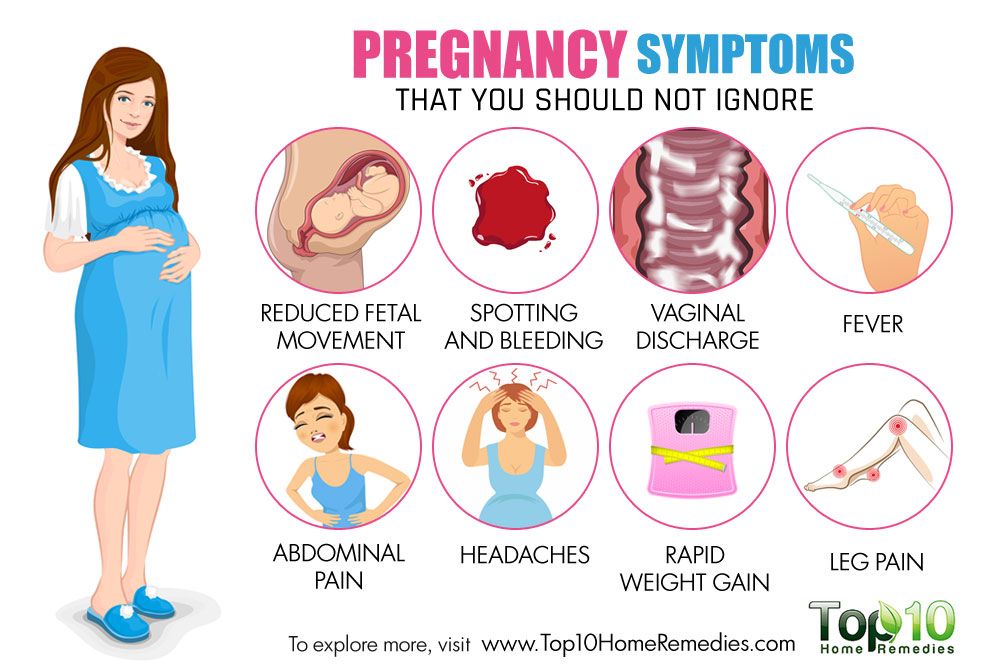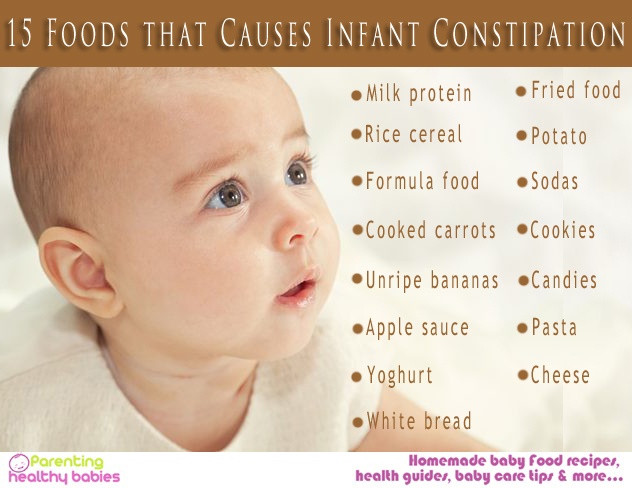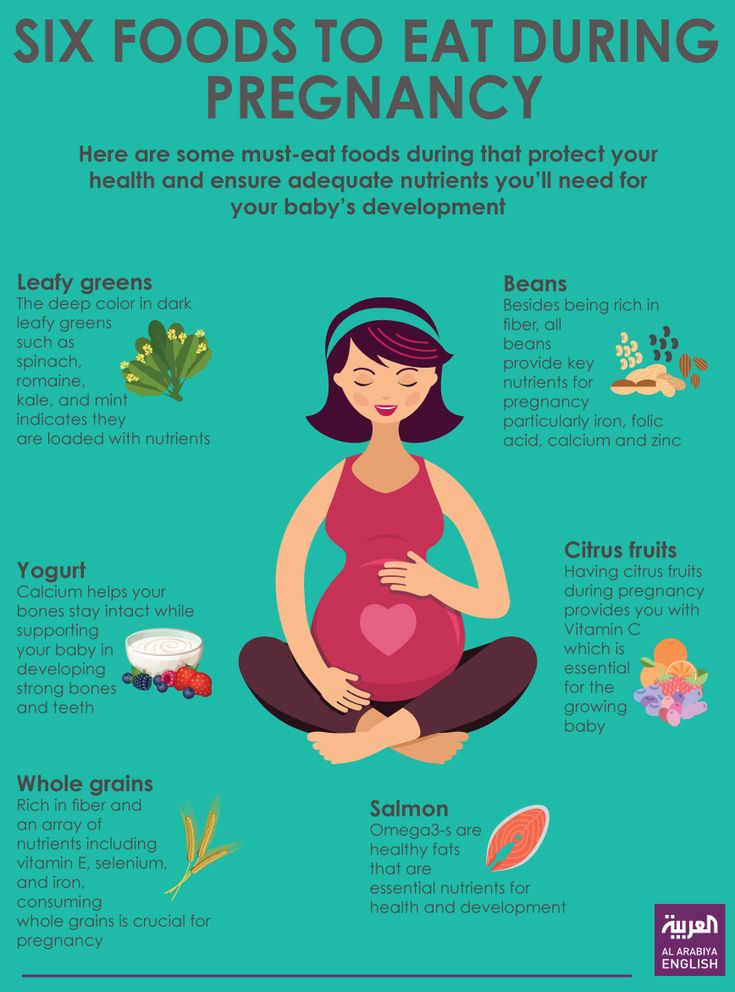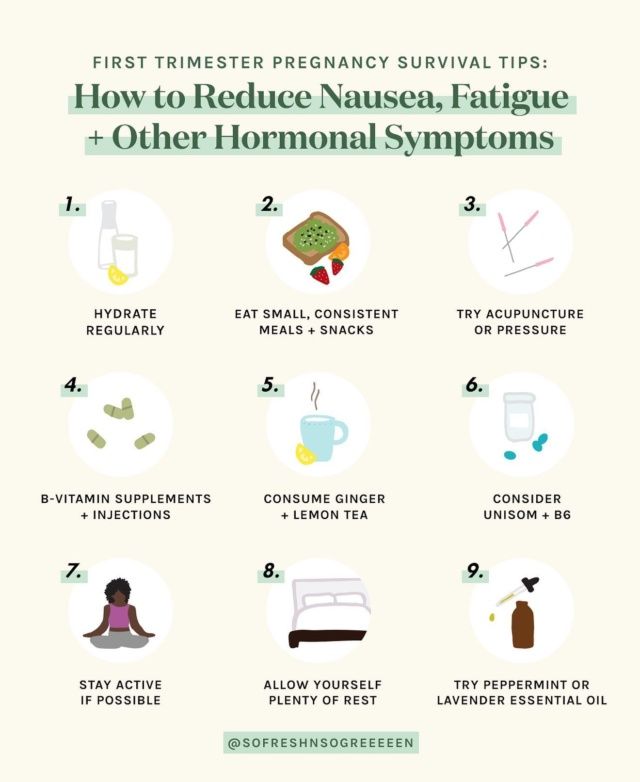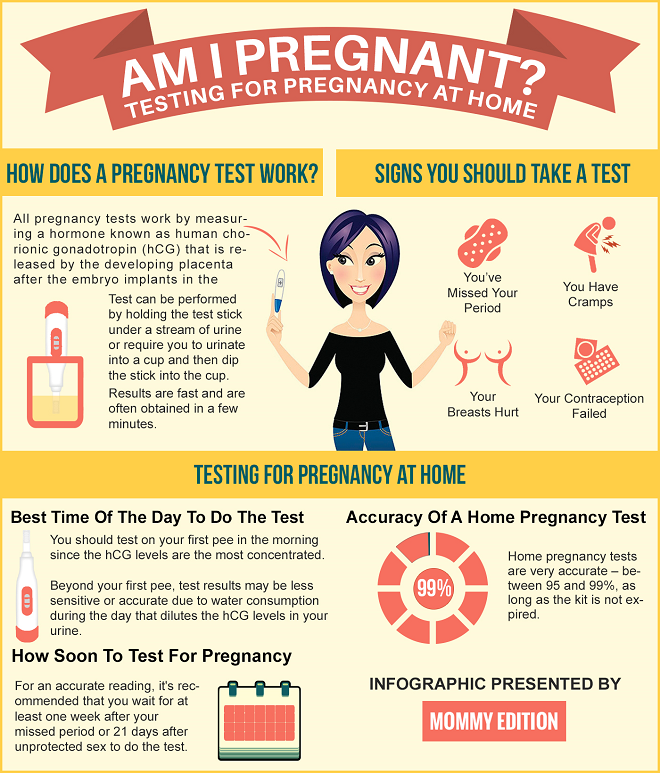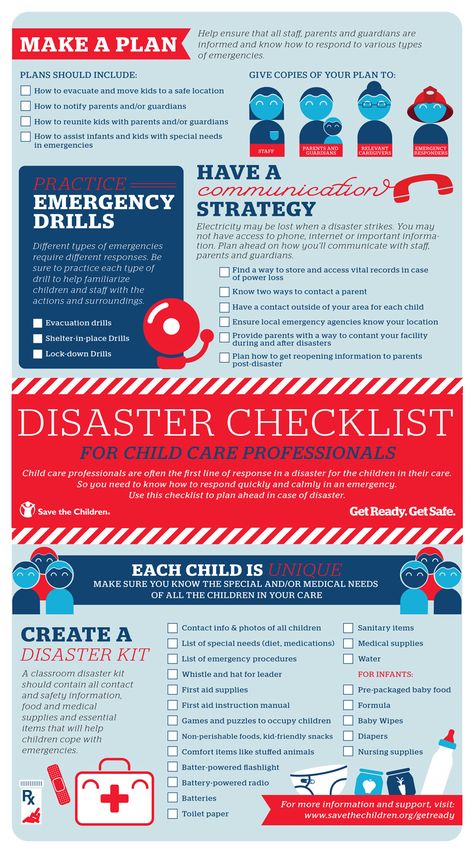Hiccups early signs of pregnancy
Can Hiccups Be A Sign Of Pregnancy?
PREGNANCY
Last modified on Friday 22 April 2022
Find out if your hiccups could be a sign of pregnancy, what the symptoms of early pregnancy are, and what else could be causing hiccups.
While hiccups aren’t listed as a sign or symptom of pregnancy by the NHS, you might hear some women say they knew they were pregnant because they got hiccups.
So are hiccups a sign that you’re pregnant, or is it just an old wives’ tale?
Your browser cannot play this video.
Are hiccups a sign of pregnancy?
While it’s unlikely that hiccups on their own are a sign of pregnancy, there is a small amount of evidence to suggest that some women might hiccup more than usual during pregnancy. The only way to tell for sure is to take a pregnancy test.
There’s no official research to say that hiccups are a sign of pregnancy, although this study has found that, on average, women hiccup about twice as much during pregnancy as before they became pregnant.
Some mums-to-be have shared their thoughts on hiccuping as a sign of pregnancy in the Netmums forum:
- 'I had random hiccups - like 10 quick hiccups in succession then they stopped. Had nausea but only when I brushed my teeth/tongue, and was VERY emotional!'
- 'Itchy skin, hiccups and heartburn are all my give away symptoms before I get a bfp!'
- 'My due date is Friday and I have had them since before I did my test. It was one of the signs that made me think I was pregnant.'
However, the NHS doesn't list hiccups as an official sign of pregnancy on their own, and you should look for other symptoms if you suspect you might be pregnant. However, it's not completely impossible that there could be a link.
Why would hiccups be more common in pregnancy?
Hiccups are caused by involuntary spasms of the diaphragm – the muscle between your stomach and lungs.
Play video
When you’re pregnant, your body produces much higher levels of the hormone progesterone. Progesterone can cause your digestive system to slow down, which is why many women get heartburn and constipation during pregnancy.
Progesterone can cause your digestive system to slow down, which is why many women get heartburn and constipation during pregnancy.
During pregnancy, the growing baby pressing on your stomach can also cause acid reflux and digestive issues.
These symptoms can happen at any stage of pregnancy, including in the early days, although they're much more common after 27 weeks.
In theory, progesterone and pressure on your stomach could be linked to an irritation of the diaphragm, which causes hiccups. However, many of us get hiccups occasionally, so it’s probably a coincidence if you get hiccups in early pregnancy.
What else could be causing my hiccups?
Some of the common causes of hiccups include:
- Stress
- Excitement and other strong emotions
- Eating too much
- Eating food too quickly and swallowing air
- Drinking fizzy drinks
- Drinking alcohol
Can I do anything to get rid of hiccups?
Some tips you can try for getting rid of hiccups include:
- Sip ice-cold water
- Hold your breath for a short time
- Breathe in and out of a paper bag
- Pull your knees into your chest and lean forwards
The NHS says if you have hiccups that last more than 48 hours, you should speak to your doctor as they could be related to a health condition or medicine you're taking.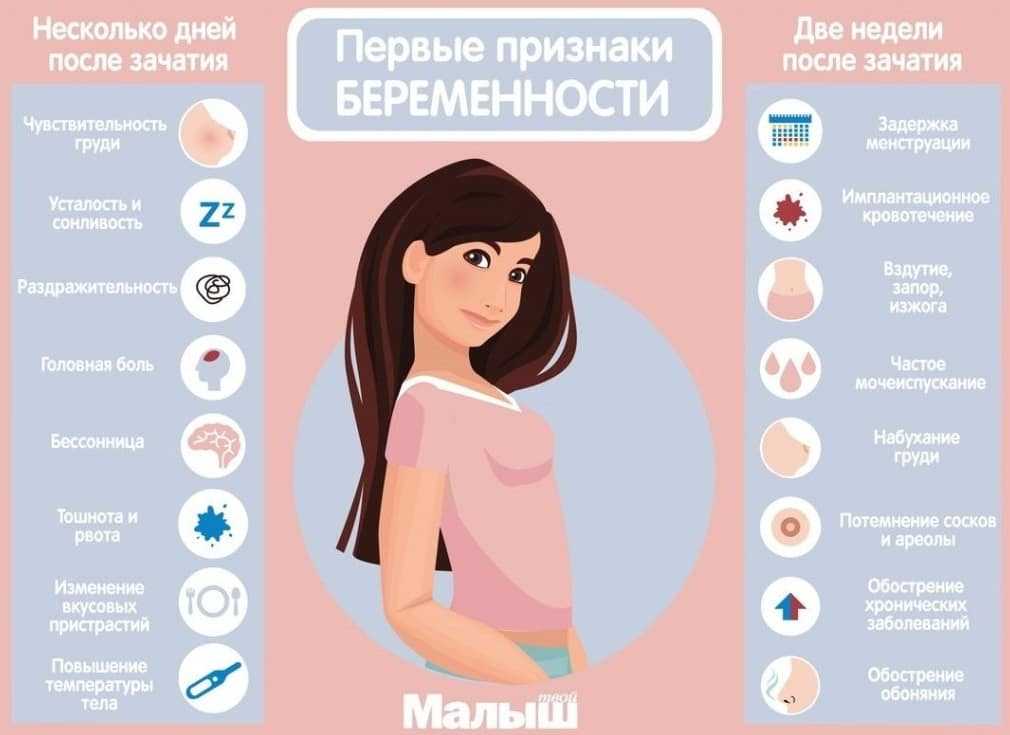
What are the common signs of pregnancy?
If you think you could be pregnant, look out for these signs of early pregnancy. They’re much more common than hiccups.
Early symptoms of pregnancy:
- Missing your period
- Feeling sick or nauseous
- Feeling tired
- Feeling more emotional than usual
- Tender breasts
- Needing to wee more often
- Constipation
- More vaginal discharge
- A metallic taste in your mouth
- Going off or craving foods
- A more sensitive sense of smell
What should I do if I think I'm pregnant?
If you think you could be pregnant, the only way to tell for sure is to take a test.
You can take a pregnancy test from the first day of your missed period. If you’re not sure when your next period’s due, wait at least 21 days from when you last had unprotected sex.
You can also get early detection pregnancy tests. These can be used four to five days before your period is due and some can even detect a pregnancy as early as eight days after conception.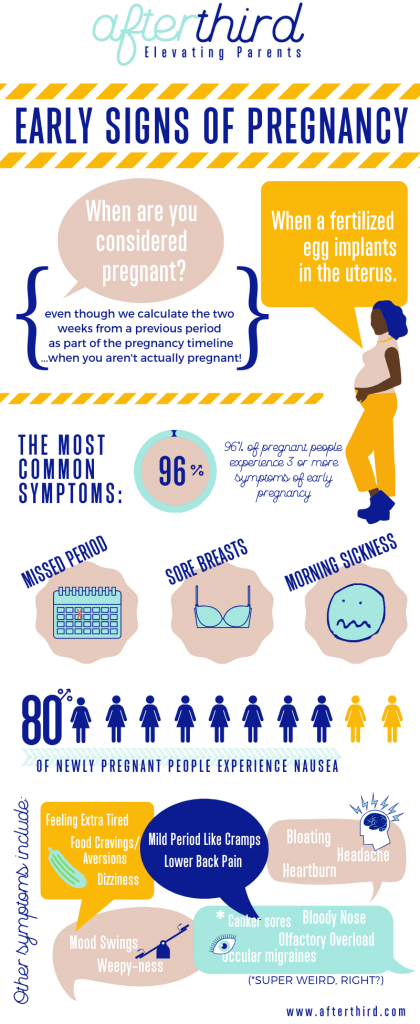
What if I can feel my baby hiccup?
In the second or third trimester, some pregnant women notice their baby starts to hiccup in the womb. These are known as fetal hiccups. Fetal hiccups can feel like a twitch or spasm and some women describe them more rhythmic than their baby’s other movements.
While you should get to know your baby's pattern of movements so you can keep an eye on their health, the NHS says that fetal hiccups do not count as a movement. This is because hiccups are involuntary. Instead, you should focus on your baby's kicks, punches and rolls.
Not all babies will hiccup and not all mums-to-be will feel them hiccuping.
Doctors don’t know why babies get hiccups in the womb, although it could be linked to their lungs developing.
Fetal hiccups are normal and usually nothing to worry about. However, if you notice your baby is hiccuping frequently or you’re at all worried, speak to your midwife or GP.
Discuss pregnancy signs and symptoms with other parents in our forum …
Related stories
Early signs of pregnancy: Am I pregnant?
CHAT: Am I pregnant?
15 of the weirdest pregnancy myths
Hiccups During Pregnancy (Are Hiccups a Pregnancy Symptom?)
Do you find yourself hiccuping a lot now that you’re pregnant? Are you wondering why that is and what it could mean for your baby?
While we expect a lot of side effects during pregnancy, constant hiccups are not usually one of them!
We’ll answer all the questions you never knew you had about pregnancy hiccups, including what causes hiccups during pregnancy.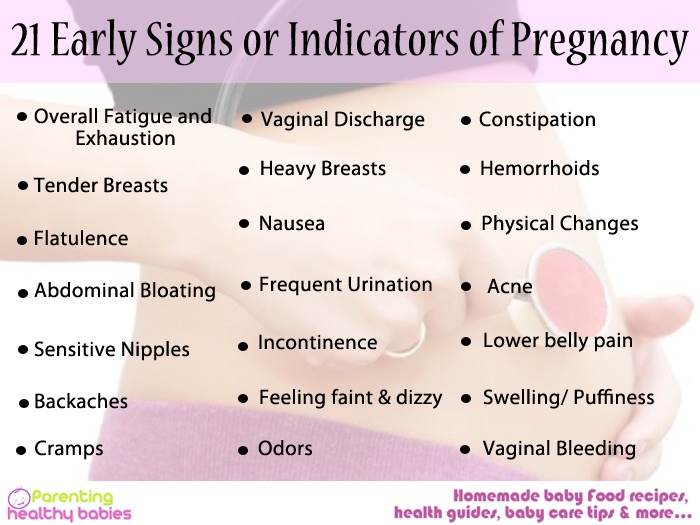 We even have some tried and true tips for relieving uncomfortable hiccups — recommended by medical experts and experienced moms — to help you enjoy your pregnancy without the embarrassment of constant hiccups.
We even have some tried and true tips for relieving uncomfortable hiccups — recommended by medical experts and experienced moms — to help you enjoy your pregnancy without the embarrassment of constant hiccups.
Table of Contents
- What Causes Hiccups?
- Are Hiccups an Early Sign of Pregnancy?
- Why Can’t I Stop Hiccuping?
- Can Hiccuping Too Much Hurt My Baby?
- I Can’t Eat Because of Hiccups
- Hiccups Are Keeping Me up All Night
- How Can I Get Relief From My Hiccups?
- Is It Silly To See My Doctor About Hiccups?
- Wrap Up
What Causes Hiccups?
Hiccups are caused by involuntary contractions of your diaphragm. The diaphragm is a long muscular membrane — one of the main muscles of respiration. So hiccups are basically just a muscle spasm of your diaphragm (1).
Hiccups usually clear up on their own, but they can go on for days, weeks, months, or even years in rare cases.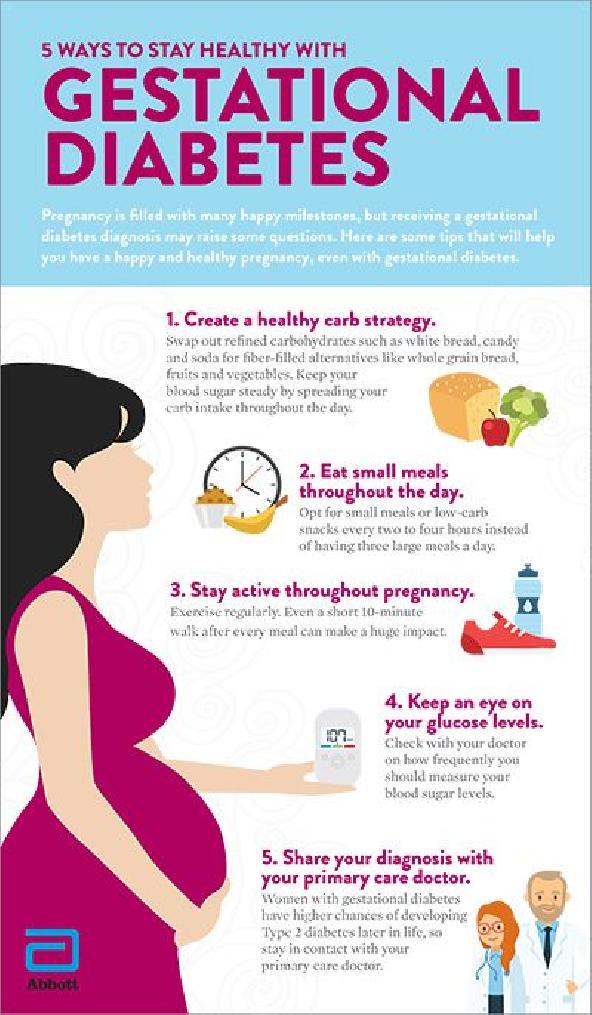
Are Hiccups an Early Sign of Pregnancy?
Hiccups can be a sign of early pregnancy. This is because many causes of hiccups are related to other pregnancy symptoms.
Here are some of the other reasons you might get hiccups:
- You’re short of breath.
- You feel sick.
- You have indigestion.
- You’re eating unusual foods.
- You’re stressed.
In other words, you might not notice you are craving unusual foods more often or that you’re feeling a bit sick a few times a day, but your body notices.
Since most women will notice a missed period, nausea, or breast tenderness first, hiccups aren’t a reliable sign. They’re just another one of those neat little early pregnancy symptoms that start making us aware of everything that’s going on.
Why Can’t I Stop Hiccuping?
Hiccups stop being a “neat” symptom when they are constant. Some pregnant women find they are hiccuping all day and all night, waking up with hiccups, or having a random episode nearly every day.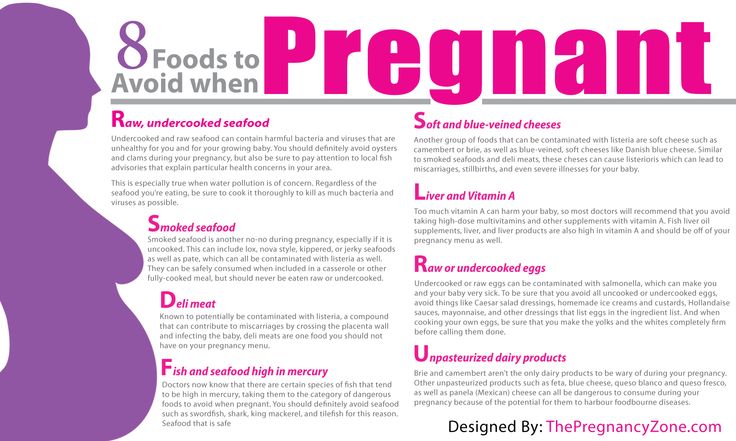
And if you’ve had an extended episode of hiccups before, you know just how annoying it can be when they won’t go away.
In A Nutshell
The good news is pregnancy itself is not causing your hiccups. The bad news is not all pregnancy hiccups can be eliminated.
The biggest cause of hiccups is nausea and indigestion. When we are not digesting our food well, when we have just vomited, or when we feel about to vomit, we can get hiccups.
Although you can avoid some of this, if you are one of the unfortunate women who have persistent nausea throughout pregnancy, your hiccups might be just as persistent. But once your beautiful baby is born, all of the symptoms disappear.
Emotional stress and excitement can make you hiccup too. Even if your hiccups are caused by indigestion, they might be made worse by being too overexcited.
Meditation has many benefits for you and your baby. And taking the time to slow down and relax may allow those pesky hiccups to go away (2).
Can Hiccuping Too Much Hurt My Baby?
Some women suppress their hiccups, worried the pressure of the belly tensing might harm their babies.
But there’s no evidence that hiccups harm babies. If you’re worried about persistent hiccups, you can speak to your care provider to set your mind at ease.
I Can’t Eat Because of Hiccups
Many women have difficulties with food during pregnancy. Morning sickness, worsened allergies, and food aversions are all common.
If hiccups are preventing you from eating, then you have double the problems — and all at a time when it’s essential to eat well.
If your hiccups stop you from eating, you might find it easier to carry some high-carb, low-sugar, low-salt, low-fat snacks.
Consider:
- Low-salt crackers.
- Breadsticks.
- Rice cakes or corn cakes.
- Unflavored popcorn.
- Dry cereal.
These are less likely to cause indigestion than other foods.
It might be tempting to have a huge feast as soon as the hiccups are gone, but this can make them start again.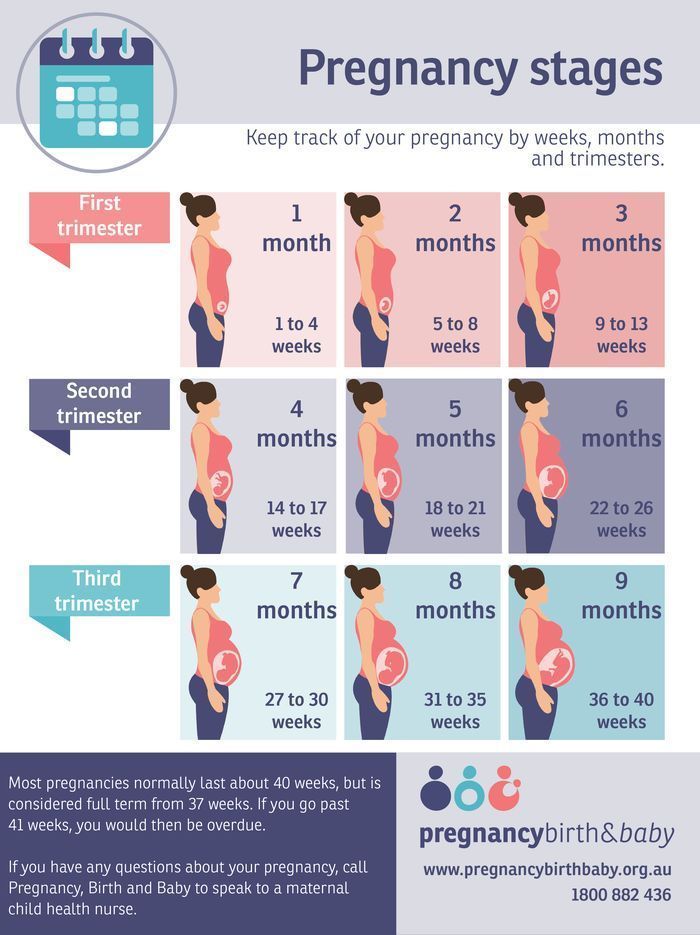 Even if you feel like you’re starving, try to pace yourself and snack on easy-to-digest foods.
Even if you feel like you’re starving, try to pace yourself and snack on easy-to-digest foods.
Hiccups Are Keeping Me up All Night
If your hiccups are stopping you from sleeping, then one of two things is likely happening, either your before-bed meal was too heavy or your stress level is elevated at night.
If you eat a large meal right before bed, snack in bed, or wake up in the night for snacks, you are probably not eating enough during the day.
- Try to eat your biggest meal in the middle of the day, when you are not so vulnerable to nausea or indigestion.
- Try to avoid fatty and protein-rich foods before bed.
- Limit acidic, spicy, and vinegary foods. These can increase acid reflux, which may irritate your diaphragm indirectly, causing more hiccups.
If your diet is not a trigger for your hiccups or you don’t eat much before bed and still get them, they could be due to stress. The same way that anxiety at night can cause insomnia, it can cause hiccups.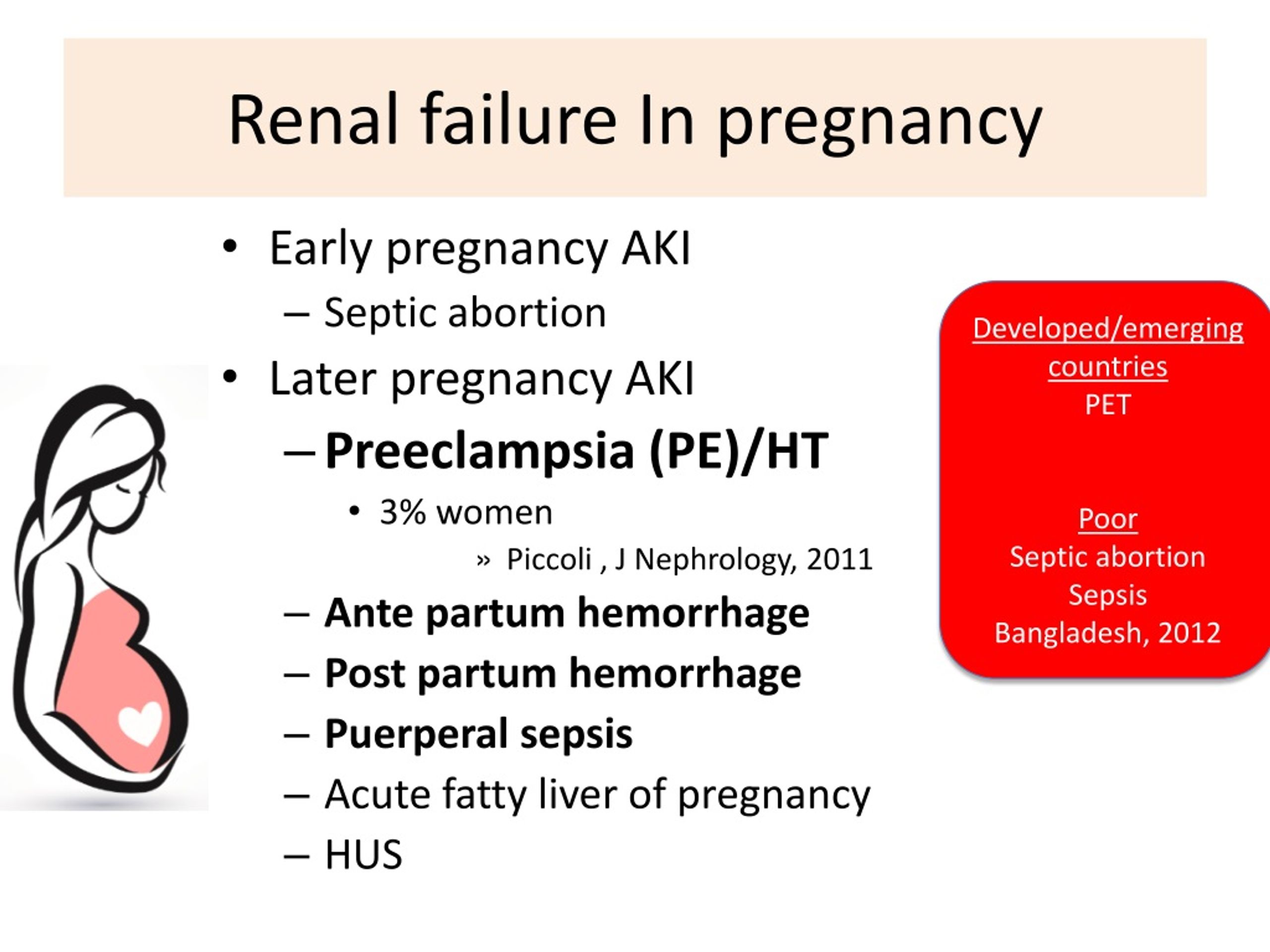
In this case, you might want to talk to your doctor or a therapist about your concerns. This is when meditation can help you. With apps like Expectful and Headspace, you can train your mind to relax.
How Can I Get Relief From My Hiccups?
We’ve already explored a few ways to prevent hiccups — eat a balanced diet to avoid indigestion, and do not get too emotional or excited. Both of which are easier said than done normally but especially during pregnancy.
So what can we do when we don’t eat properly or when we do get excited? Here are a few tips to help eliminate hiccups:
- Have things that make you swallow. Drinking water, dissolving sugar in the mouth, or sucking on sour candy can make you swallow, and that motion can help relax the diaphragm.
- Lie down to fight indigestion. If you have serious indigestion, lying down can help relax the diaphragm.
- Do breathing exercises. Practice deep breathing, slow your thoughts, and, in turn, relax your muscles.

Although all these tips are worth a try, none are guaranteed to help. The only guaranteed cure for hiccups is time.
Is It Silly To See My Doctor About Hiccups?
It’s never silly to see your doctor about any health concerns. Chances are, if you want to see your doctor, you haven’t been having hiccups for just 2 to 5 minutes, right?
Normally by the time we consider seeing a doctor, we have had hiccups for a day, or we have had one or more episodes of hiccups every day for a week.
These are not normal hiccup patterns and are worth checking out, especially if you have had consistent hiccups for over 48 hours.
Hiccups that last this long are very rare and may be a symptom of a physical problem.
These are some illnesses that can cause persistent hiccups:
- Breathing conditions such as asthma or pneumonia.
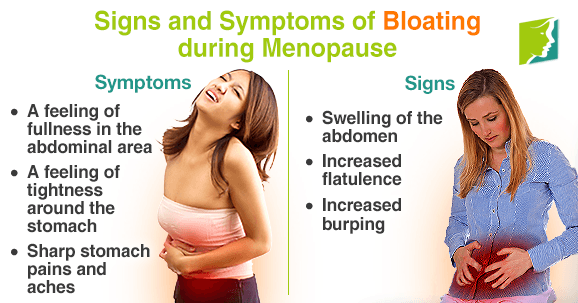
- Heart conditions such as pericarditis.
- Digestive conditions such as reflux, inflammatory bowel disease, or appendicitis.
- Nerve conditions such as multiple sclerosis.
- Metabolic conditions such as diabetes or Addison’s disease.
- A hernia.
- An infection that is affecting the nerves in the gut.
- A bad reaction to certain medications or drugs.
Keep In Mind
It’s always a good idea to speak with a health professional about any concern during pregnancy.
Wrap Up
Most of the time, hiccups during pregnancy are nothing to worry about. They mean you are excited and nauseous, and they will go away on their own. They will not hurt you or your baby.
Unless you have hiccups for two or more days without relief, they’re just another annoying side effect of being pregnant.
Feedback: Was This Article Helpful?
Thank You For Your Feedback!
Thank You For Your Feedback!
What Did You Like?
What Went Wrong?
Non-Obvious Pregnancy Signs You Can Trust
Most of the symptoms that you should run to the pharmacy for a pregnancy test and then to the gynecologist (such as nausea, breast enlargement, salty cravings and all sorts of food fads), widely known. But the list is not limited to them - there are also non-obvious signs of pregnancy. If you notice any of the above or all at once, it is highly likely that the test will show two stripes.
But the list is not limited to them - there are also non-obvious signs of pregnancy. If you notice any of the above or all at once, it is highly likely that the test will show two stripes.
Website editorial
Tags:
Women Health
VOICE Tips
breast augmentation
Alba
Signs of pregnancy
Getty Images
Surely you have at least once heard a story from your friends in the spirit of “I realized that I was pregnant, the very next morning I felt very unusual!”. Or friends shared stories about how they were drawn to pickled cucumbers a day after the alleged conception.
When there are non-obvious signs of pregnancy in the early stages
Surely you have at least once heard a story from your friends in the spirit of "I realized that I was pregnant, the very next morning - well, I felt very unusual!".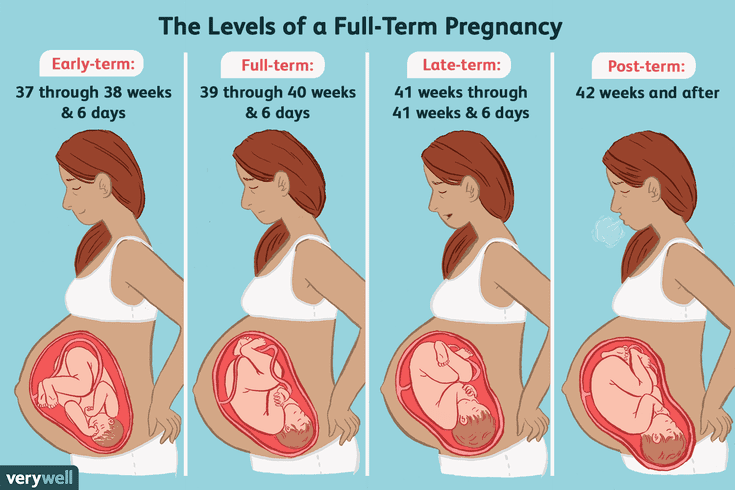 Or friends shared stories about how they were drawn to pickled cucumbers a day after the alleged conception. Well, it can be fun to fantasize about this, but such things have nothing to do with medical facts. The fact is that the process takes several days - usually about a week - and before the end of this period it is simply impossible to feel anything. And only after a week or later, early, non-obvious signs of pregnancy appear. How does it even work? Let's figure it out.
Or friends shared stories about how they were drawn to pickled cucumbers a day after the alleged conception. Well, it can be fun to fantasize about this, but such things have nothing to do with medical facts. The fact is that the process takes several days - usually about a week - and before the end of this period it is simply impossible to feel anything. And only after a week or later, early, non-obvious signs of pregnancy appear. How does it even work? Let's figure it out.
Doctors consider the beginning of pregnancy to be the implantation of the embryo into the wall of the uterus. But this does not happen instantly. First, fertilization occurs in the fallopian tube, where the egg and sperm meet. Having merged, they form a new cell, a zygote, which begins to divide and turns into an embryo. It moves through the fallopian tube for three to four days, then enters the uterus, develops there, and only on the fifth or tenth day is implanted in the wall. The body signals the expectant mother about pregnancy by releasing a specific hormone, and this is where you can start to catch unobvious signs of pregnancy in the early stages.
By the way, it is the implantation of the embryo in the uterine wall that is hindered in many ways by the intrauterine device or oral contraceptives. But you must admit, women who protect themselves from conception usually do not tell about the strange signs of pregnancy.
To summarize:
- the morning after sex and the next few days it is purely physiologically impossible to “know” about pregnancy
- if the egg and spermatozoon meet and merge, they travel in the form of a zygote to the uterus for another four days
- it will take about the same amount of time for the embryo to successfully implant into the wall of the uterus
- only after that a specific hormone is released into the blood, which allows you to taste all the delights of expecting a baby, and from here you can start monitoring the non-obvious signs of pregnancy.
What are the subtle signs of pregnancy? Sometimes you think that the “critical days” have come, which means that the pregnancy has not come.
 In fact, this is an unexpected sign of pregnancy - discharge that occurs in the early stages. The difference is that there are few discharges, and they stop in a couple of days. By the way, be sure to study the non-obvious reasons for delaying menstruation - it will come in handy!
In fact, this is an unexpected sign of pregnancy - discharge that occurs in the early stages. The difference is that there are few discharges, and they stop in a couple of days. By the way, be sure to study the non-obvious reasons for delaying menstruation - it will come in handy! What causes such bleeding? A fertilized egg after 5-10 days is attached to the wall of the uterus, and during this "docking" some blood may be released. But this is one of the non-obvious signs of pregnancy, this does not happen to all pregnant women, and not only pregnancy can cause poor discharge. So watch for a combination of symptoms.
The vertical line darkens below the navel
This strip of skin running across the abdomen is called the linea alba or linea alba. Her appearance is one of the early non-obvious signs of pregnancy. Hormones characteristic of early pregnancy can cause darkening of the skin in this area.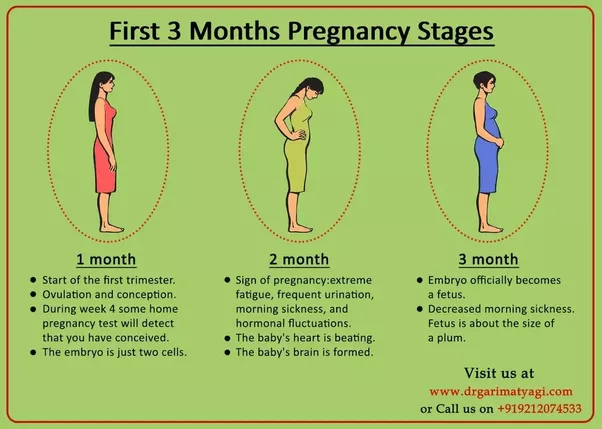
The areola of the nipples may also darken during the first month of pregnancy. And increase.
Cheeks darken
Another of the strange signs of pregnancy - this phenomenon is called the "mask of pregnancy", and it is caused by the same hormonal changes. Although it usually occurs later, in some women this symptom may appear quite early. After childbirth, skin color usually returns to normal.
Cervical spasm
Spasms, like during menstruation, appeared, but the menstruation itself did not come? Probably time to pee on a strip of paper.
In addition, all your sex drive is gone somewhere. This is one of the unexpected signs of pregnancy, and yet, in the first trimester, this is a common occurrence. Although there can be many other reasons for a decrease in attraction - for example, depression.
You started to see everything a little blurry
This is one of the most subtle signs of pregnancy, because such a side effect is quite rare.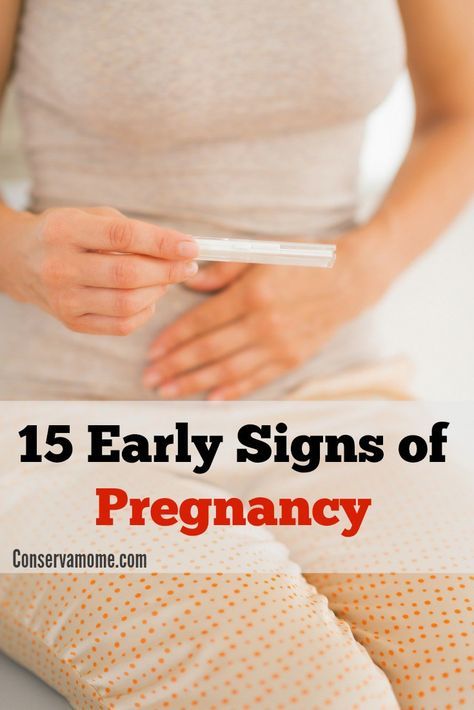 And yet, some women have noticed a deterioration in vision after pregnancy.
And yet, some women have noticed a deterioration in vision after pregnancy.
You experience an inexplicable lack of energy
During pregnancy, the female body does a tremendous job of creating a new life - it is not surprising that you are faced not only with bouts of brutal appetite, but also with a feeling of incredible fatigue: a pregnant woman needs a lot of strength.
But the weight at first may not change a bit. You mentally prepared to recover and literally from the first days you stand on the scales with gloomy determination. But who would have thought - everything happens even the other way around: among the non-obvious signs of pregnancy is weight loss. The fact is that some people lose weight at first due to toxicosis and due to the fact that fat reserves are consumed to obtain the energy necessary for the development of the embryo.
Photo by Getty Images
What the 20 week belly looks like and how the baby develops
For many pregnant women, especially those who have a baby for the first time, there comes a very important moment.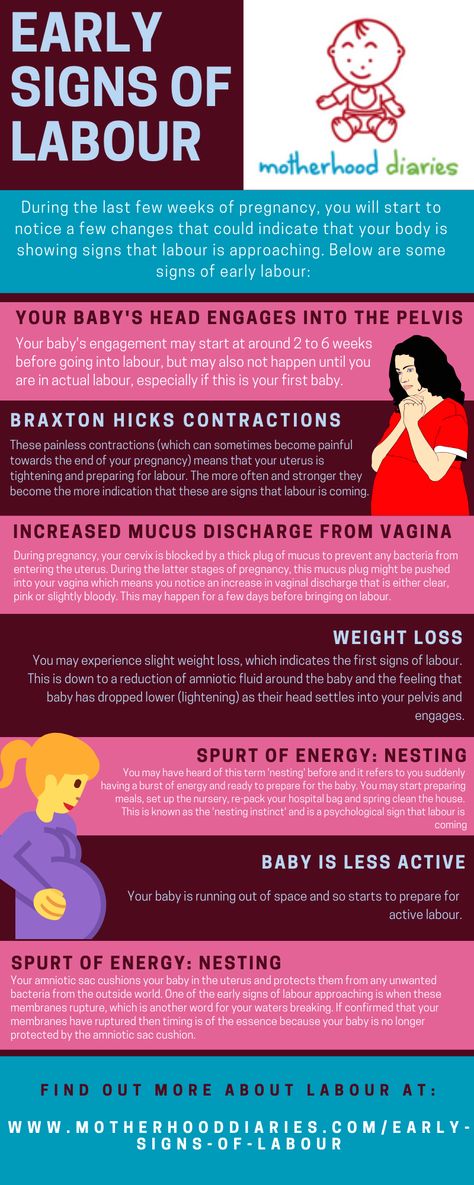 Therefore, they need to know that everything is in order and that unusual symptoms that have appeared are quite within the norm. But it is also important not to miss the alarm bells, which will be discussed in this article.
Therefore, they need to know that everything is in order and that unusual symptoms that have appeared are quite within the norm. But it is also important not to miss the alarm bells, which will be discussed in this article.
Carolina Plavina
At 20 weeks pregnant, you may feel or notice visible changes in your body. What do they mean? How a child grows and what
Article content
Highlights of this week
You are halfway there!
You are in the middle of pregnancy, maybe a little more or a little less. Most women don't give birth exactly on time. With the same probability, you can give birth on any day within two weeks before or after it.
Height of the base of the uterus
From now on, at every antenatal visit, your doctor will usually measure your belly from the frontal bone to the top of the uterus.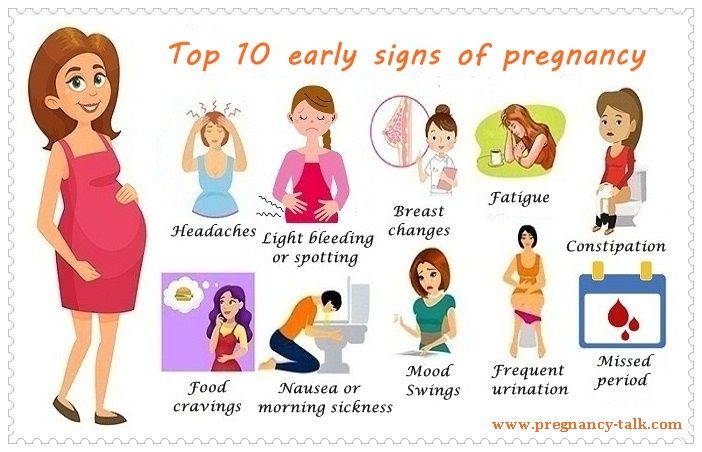 This "base height" measurement shows how your child is growing. Starting at about 24 weeks, height in centimeters is roughly equal to the number of weeks you are pregnant.
This "base height" measurement shows how your child is growing. Starting at about 24 weeks, height in centimeters is roughly equal to the number of weeks you are pregnant.
Baby development at 20 weeks
Baby hiccups
If you notice some baby movements that look like subtle rhythmic twitches, don't worry - baby hiccups in the womb are completely normal. Many mothers-to-be begin to experience hiccups around the same time that the baby begins to thrust perceptibly, usually between 16 and 22 weeks.
Your child has a taste
Your child's many taste buds can now send taste signals to the brain, and your child swallows the molecules of the food you eat that have passed through your blood into the amniotic fluid. Researchers can't say for sure if babies can taste these molecules, but some research suggests that what you eat during pregnancy can affect what your baby eats later on.
Pregnancy symptoms at 20 weeks
Skin itching
You may experience some itching in the abdomen and chest as the skin expands to accommodate the growing baby. Many expectant mothers experience itchy skin at some point. To alleviate the condition, use cold lotions and lubricate the skin with a moisturizer. Scratching can make things worse! Get more tips to relieve itching and find out when itchy skin could signal a problem.
Changes in hair and nails
Finally, a few pleasant symptoms of pregnancy! You may notice that at this stage you have longer nails and thicker hair. Hair often gets thicker during pregnancy - not because it grows more, but because estrogen makes the growth phase longer. Basically, you lose less hair.
Any hair you didn't lose during pregnancy will begin to fall out about three to five months after giving birth.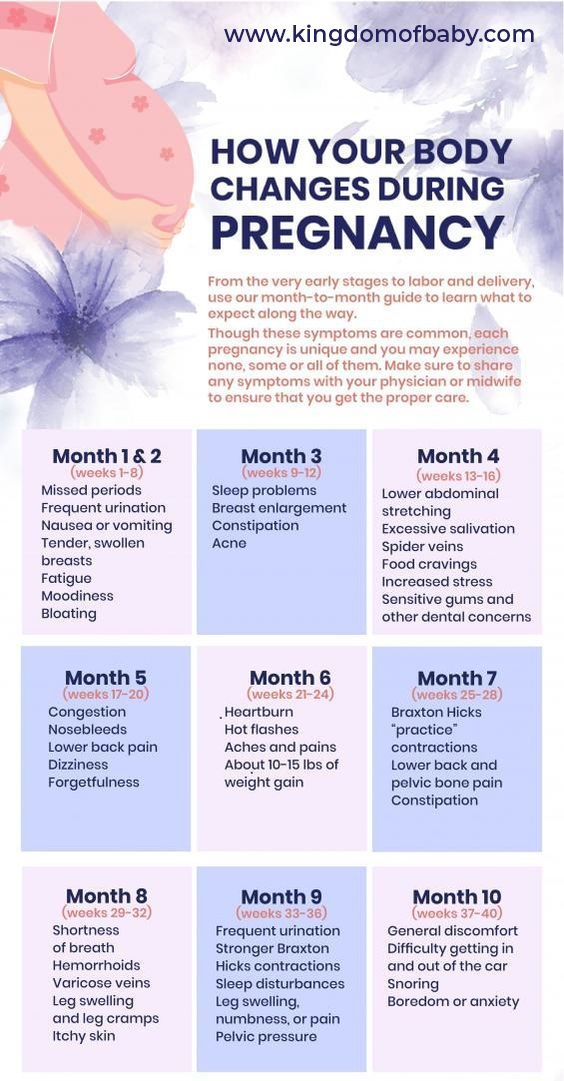 This is normal, but postpartum hair loss can come as a surprise. In addition, your nails are now growing faster than usual and may look different. Some expectant mothers have harder nails, while others are softer or brittle.
This is normal, but postpartum hair loss can come as a surprise. In addition, your nails are now growing faster than usual and may look different. Some expectant mothers have harder nails, while others are softer or brittle.
Restless sleep
Do you toss and turn all night trying to find a comfortable sleeping position? These suggestions may help: Lie on your side with your knees bent and a pillow between your legs. For extra comfort and support, place other pillows under your belly and behind your back. You can also try using a pregnancy pillow.
Lower back pain
During pregnancy, you are more likely to experience lower back pain. Your growing uterus puts a strain on your back, and the extra weight makes your muscles work harder. In addition, your joints and ligaments become less stable due to hormones. Certain physical exercises can help you avoid back pain.
Strength training helps strengthen the core muscles, stretching increases the flexibility of the muscles that support the back and legs, and swimming not only strengthens the body but also relieves stress on the joints and ligaments. To manage lower back pain, try prenatal massage, apply heat or cold, and learn relaxation techniques. We have collected some of the most effective tips for getting rid of lower back pain in one article - perhaps they will help you cope with discomfort.
Constipation
Constipation during pregnancy is common due to hormonal changes, reduced activity levels and an enlarged uterus. Constipation can also cause other problems. One of the most common is hemorrhoids, which are swollen veins in the rectum and anus.
To relieve constipation, drink plenty of water, eat high-fiber foods such as whole grains, exercise regularly, and talk to your doctor.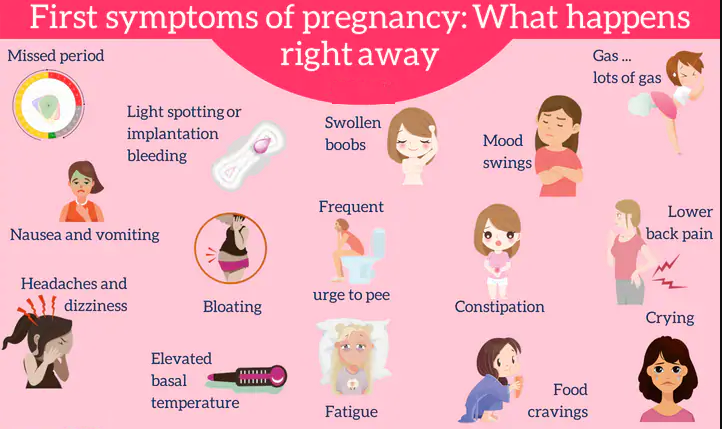 He may suggest that you use a stool softener, take magnesium, or change your prenatal vitamins to ones that are lower in iron.
He may suggest that you use a stool softener, take magnesium, or change your prenatal vitamins to ones that are lower in iron.
What and how much to eat
Decide what your goal is. The main thing at 20 weeks pregnant is to eat a variety of foods to ensure everything you and your baby need. It's not much different than a regular healthy eating plan, just a bit more.
In fact, in the first trimester, you should continue to eat as usual, then increase the number of calories by 350 per day in the second trimester and 450 per day in the third trimester as the child grows.
Avoid overly processed unhealthy foods as often as possible. Chips and soda, for example, do not contain any nutritional value. You and your child will benefit more from fresh fruits, vegetables, and lean proteins such as chicken, fish, beans, or lentils.
This does not mean that you should avoid all your favorite foods during pregnancy.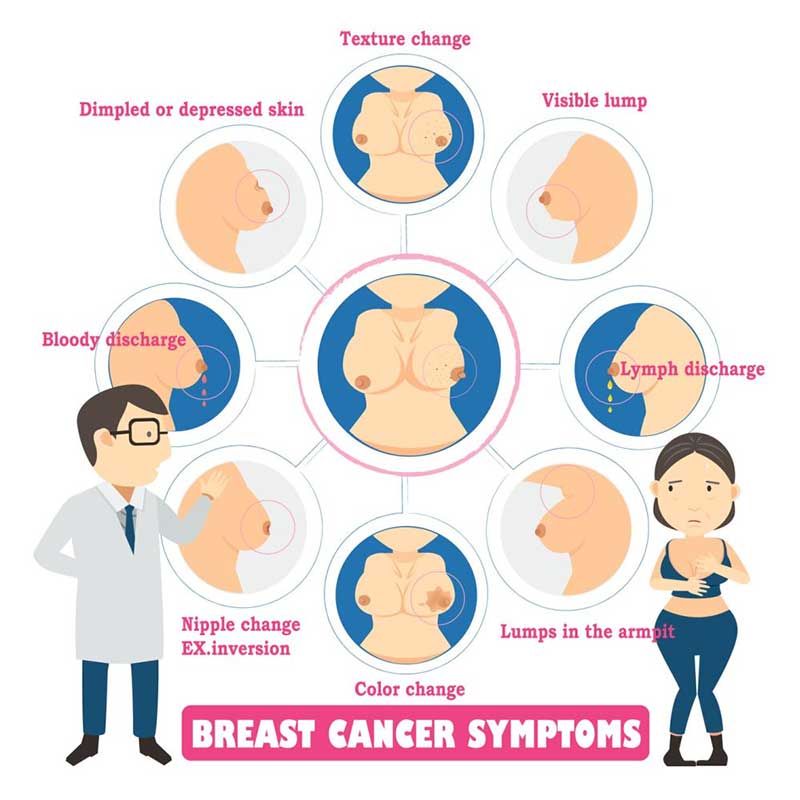 Just balance them with nutritious foods so you don't miss out on any important vitamin or mineral.
Just balance them with nutritious foods so you don't miss out on any important vitamin or mineral.
Things to do in 20 weeks
Find a pediatrician
In the first few years, you will see your baby's doctor often. Get some tips on choosing a specialist for your child and make sure you choose someone you can sincerely communicate with. You can ask your gynecologist, friends and relatives for recommendations. Find out if you can meet the best candidates in person and how much it will cost.
Treat yourself
You are halfway through pregnancy, so celebrate! How about a facial, an antenatal massage, or a pregnancy photo shoot? If you don't feel like spending money, do something nice for yourself, like borrow books from the library, go for a nice walk, or take a bubble bath. By the way, you can learn more about photography during pregnancy in our material.
Experiment in bed
At 20 weeks pregnant, some moms-to-be find that they have increased sex drive and better orgasms because of increased blood and lubrication. For most women, sex during pregnancy is completely safe and beneficial—it keeps you active, releases hormones that make you happy and relaxed, and promotes a close bond with your partner. If your belly starts to get in the way, experiment with pregnancy sex positions that accommodate your bump.
Do a brain dump
If you're feeling stressed or having trouble sleeping because your thoughts are haunting you, try writing down everything that's bothering you in a diary. Don't worry about keeping everything neat or well written. The most important thing is to throw all the worries out of your head onto paper.
20 week belly
The top of your uterus is now roughly in line with your belly button, making your belly rounder than ever.